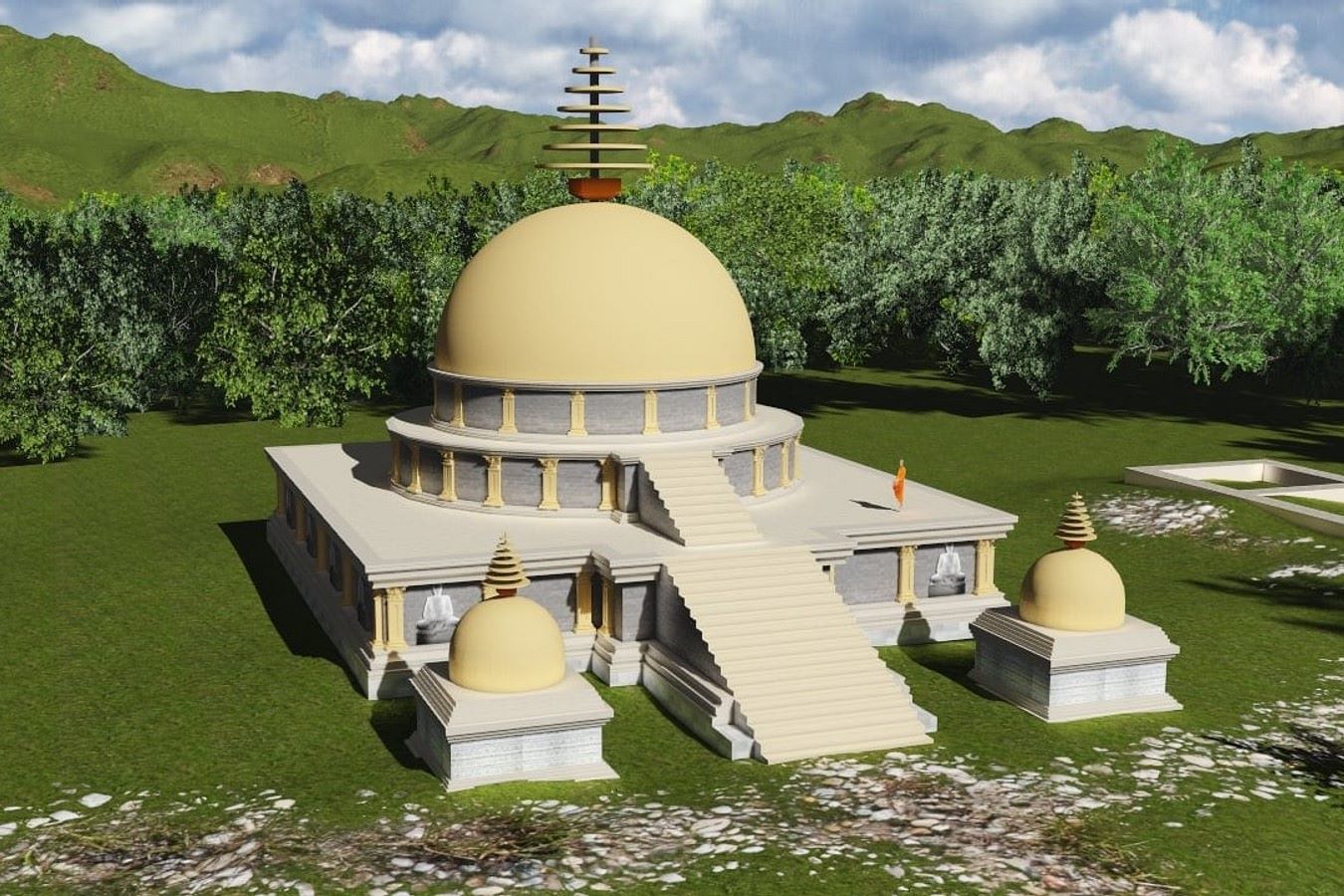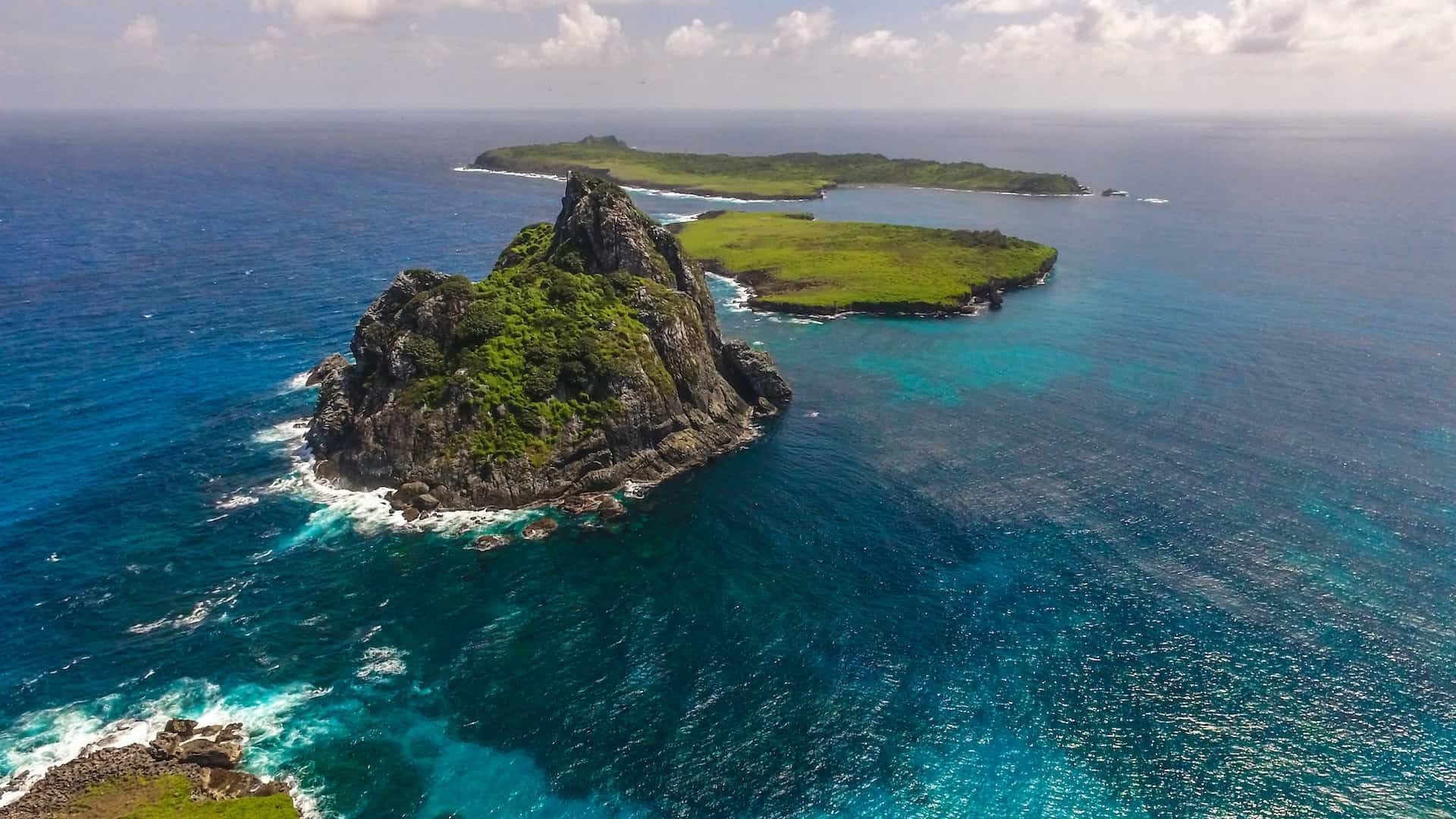
Taxila is an ancient city in modern-day Pakistan, known for its rich history and archaeological significance. Why is Taxila important? Taxila was a major center of learning and culture, influencing regions far beyond its borders. This city, dating back to the 6th century BCE, played a pivotal role in the spread of Buddhism and hosted one of the earliest universities in the world. Taxila's ruins, a UNESCO World Heritage site, offer a glimpse into ancient civilizations, showcasing remarkable architecture, art, and artifacts. From its strategic location on the Silk Road to its contributions to education and religion, Taxila remains a treasure trove of historical wonders. Join us as we uncover 31 fascinating facts about this legendary city.
Ancient City of Taxila
Taxila, an ancient city in modern-day Pakistan, holds a treasure trove of history. It was a hub of learning, culture, and trade. Let's dive into some fascinating facts about this remarkable place.
-
Taxila's Origins: Taxila dates back to at least the 6th century BCE, making it one of the oldest cities in South Asia.
-
World Heritage Site: UNESCO designated Taxila as a World Heritage Site in 1980 due to its historical significance.
-
Alexander the Great: Alexander the Great visited Taxila in 326 BCE during his conquest of the Persian Empire.
-
Gandhara Civilization: Taxila was a major center of the Gandhara civilization, known for its unique art and architecture.
-
Buddhist Hub: Taxila became a prominent Buddhist center, attracting monks and scholars from across Asia.
Educational Epicenter
Taxila wasn't just a city; it was an educational epicenter. Scholars from far and wide came to learn and teach here.
-
Ancient University: Taxila housed one of the world's earliest universities, where subjects like medicine, law, and philosophy were taught.
-
Famous Scholars: Renowned scholars like Chanakya and Panini studied and taught in Taxila.
-
Medical Knowledge: The ancient university was known for its advanced medical knowledge, including surgery.
-
Languages: Sanskrit and Pali were the primary languages of instruction in Taxila.
-
Astronomy: Taxila's scholars made significant contributions to the field of astronomy.
Architectural Marvels
Taxila's architecture reflects its rich cultural heritage. The city boasts impressive structures that have stood the test of time.
-
Dharmarajika Stupa: This ancient stupa, built by Emperor Ashoka, is one of the oldest Buddhist stupas in the world.
-
Sirkap: The ruins of Sirkap, a city built by the Indo-Greek king Demetrius, showcase a blend of Greek and Indian architectural styles.
-
Jaulian Monastery: This ancient monastery features intricate carvings and stupas, highlighting the artistic prowess of the time.
-
Bhir Mound: The oldest part of Taxila, Bhir Mound, dates back to the 6th century BCE and offers insights into early urban planning.
-
Sirsukh: Sirsukh, another ancient city near Taxila, was built by the Kushan king Kanishka and features impressive fortifications.
Cultural Melting Pot
Taxila was a melting pot of cultures, where diverse traditions and ideas converged.
-
Greek Influence: The city saw significant Greek influence after Alexander the Great's conquest, evident in its art and architecture.
-
Persian Connection: Taxila was part of the Achaemenid Empire, and Persian influence can be seen in its administrative practices.
-
Indian Heritage: The city's Indian heritage is reflected in its religious practices, languages, and art forms.
-
Trade Routes: Taxila was strategically located on the Silk Road, facilitating trade between the East and West.
-
Cultural Exchange: The city's diverse population led to a rich exchange of cultural and intellectual ideas.
Archaeological Discoveries
Archaeologists have unearthed numerous artifacts in Taxila, shedding light on its glorious past.
-
Beads and Jewelry: Excavations have revealed exquisite beads and jewelry, showcasing the craftsmanship of ancient Taxila.
-
Coins: Coins from various periods, including Greek, Kushan, and Gupta, have been found, indicating the city's vibrant trade.
-
Pottery: Ancient pottery discovered in Taxila provides insights into the daily lives of its inhabitants.
-
Sculptures: The city is famous for its Gandhara sculptures, which depict Buddhist themes with Hellenistic influences.
-
Inscriptions: Numerous inscriptions in Brahmi and Kharosthi scripts have been found, offering valuable historical information.
Religious Significance
Taxila holds great religious significance, particularly for Buddhists.
-
Buddhist Pilgrimage: Taxila is an important pilgrimage site for Buddhists, attracting devotees from around the world.
-
Ashoka's Influence: Emperor Ashoka, a devout Buddhist, played a crucial role in promoting Buddhism in Taxila.
-
Monastic Centers: The city was home to several monastic centers, where monks lived and practiced their faith.
-
Religious Tolerance: Taxila was known for its religious tolerance, with various faiths coexisting peacefully.
-
Spread of Buddhism: From Taxila, Buddhism spread to other parts of Asia, including China and Japan.
Modern-Day Taxila
Today, Taxila continues to captivate historians, archaeologists, and tourists alike.
- Museum: The Taxila Museum houses a vast collection of artifacts, offering a glimpse into the city's rich history.
Taxila's Timeless Allure
Taxila's rich history and cultural significance make it a fascinating subject. From its role as a center of learning to its architectural marvels, this ancient city offers a glimpse into the past. The artifacts and ruins found here tell stories of a bygone era, showcasing the ingenuity and artistry of its inhabitants. Whether you're a history buff or just curious, Taxila has something to offer. Its blend of Greek, Persian, and Indian influences creates a unique tapestry of cultures. Visiting Taxila is like stepping back in time, where every stone has a story to tell. So, next time you're looking for an adventure, consider exploring this ancient gem. You'll walk away with a deeper appreciation for the complexities and beauty of human history. Taxila isn't just a place; it's an experience that stays with you.
Was this page helpful?
Our commitment to delivering trustworthy and engaging content is at the heart of what we do. Each fact on our site is contributed by real users like you, bringing a wealth of diverse insights and information. To ensure the highest standards of accuracy and reliability, our dedicated editors meticulously review each submission. This process guarantees that the facts we share are not only fascinating but also credible. Trust in our commitment to quality and authenticity as you explore and learn with us.


